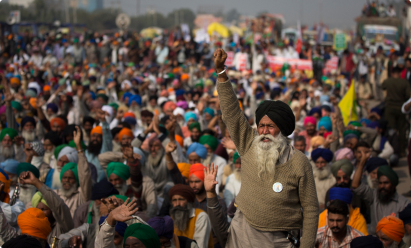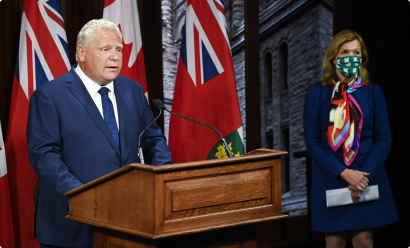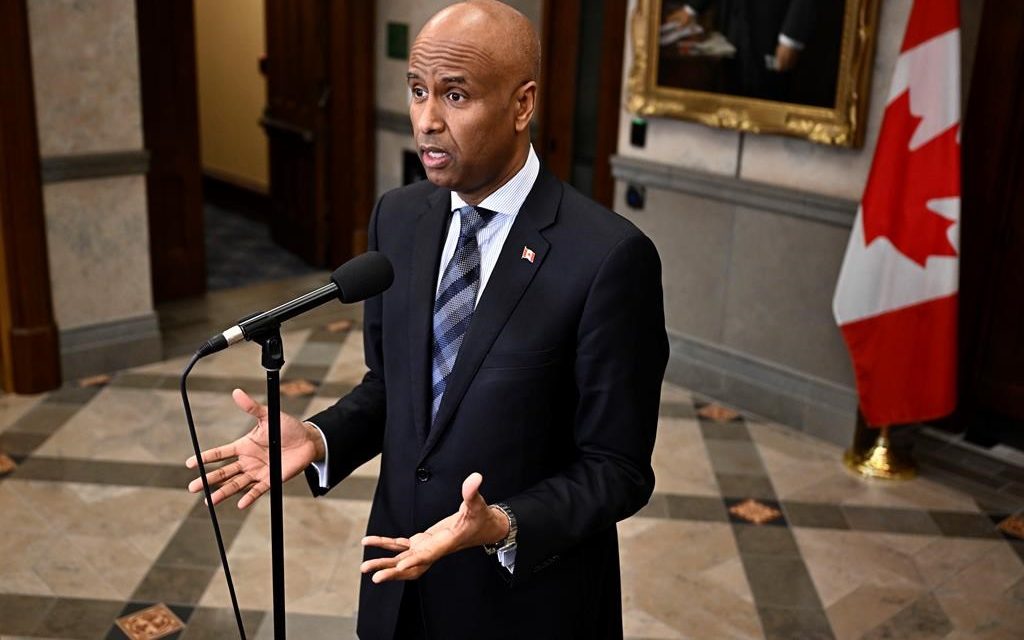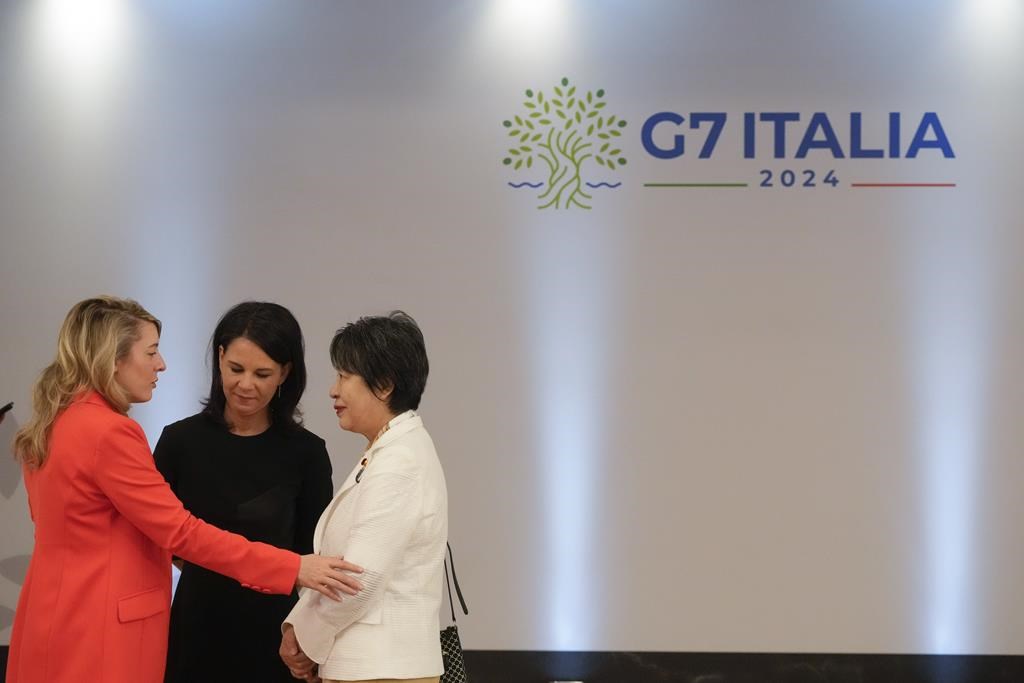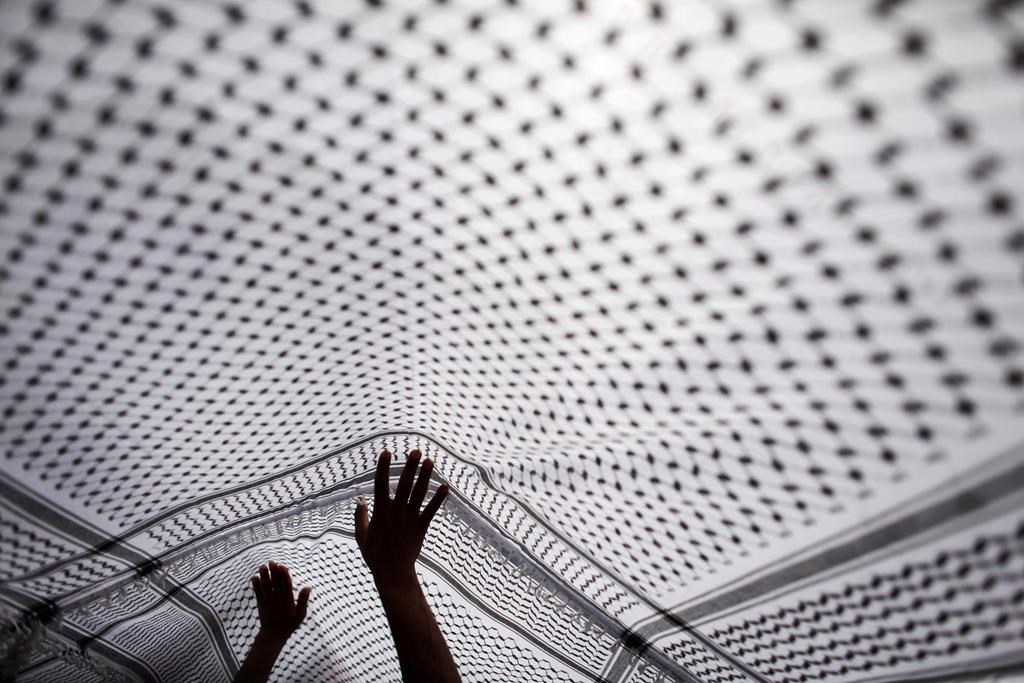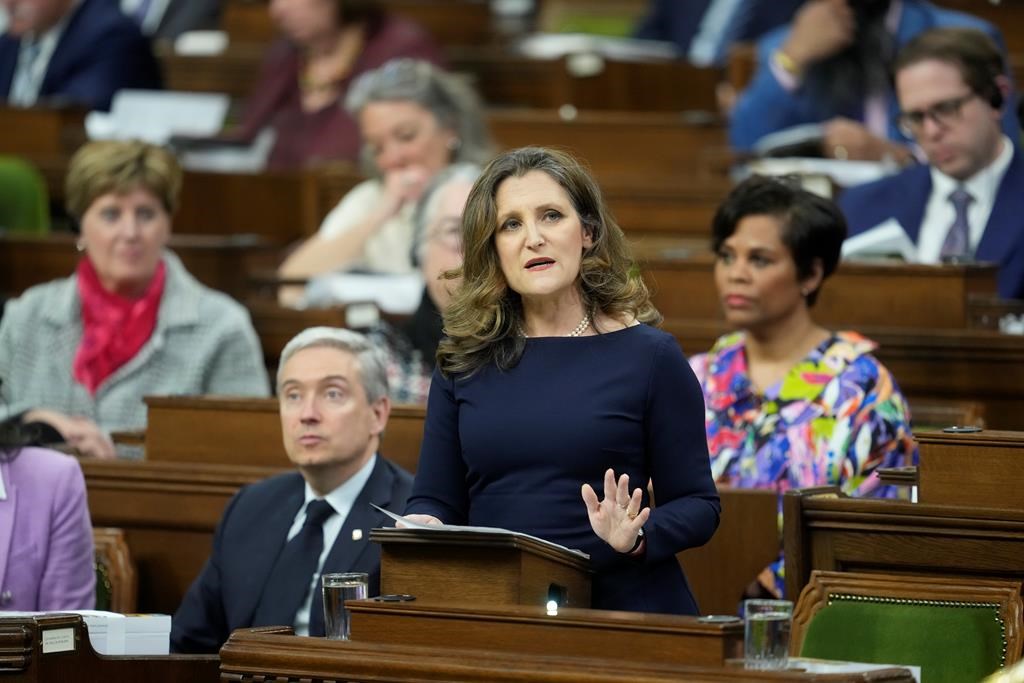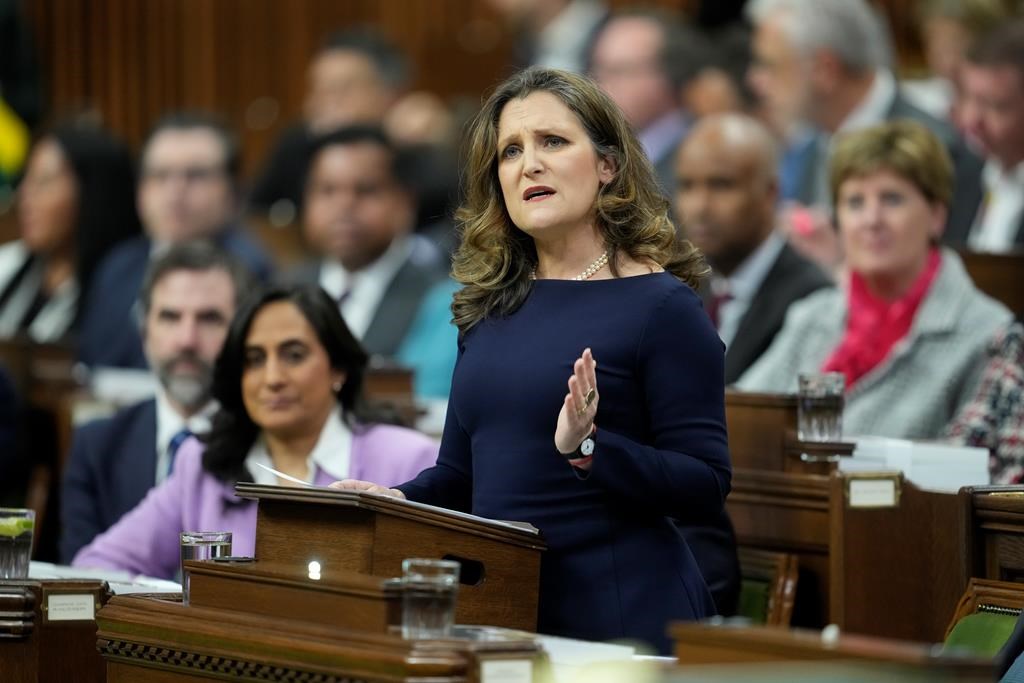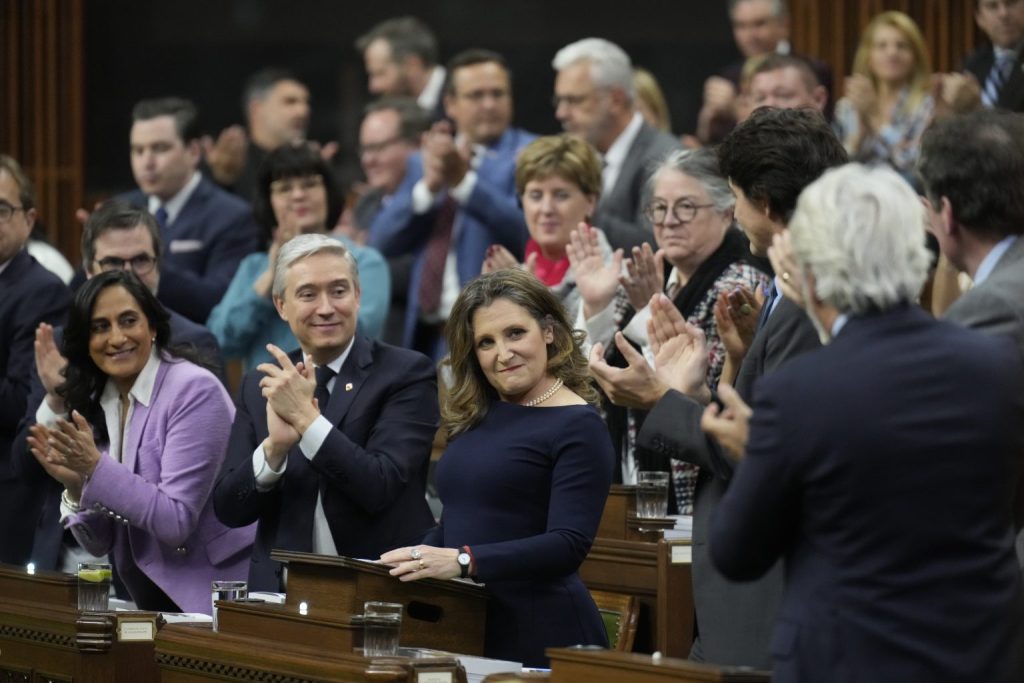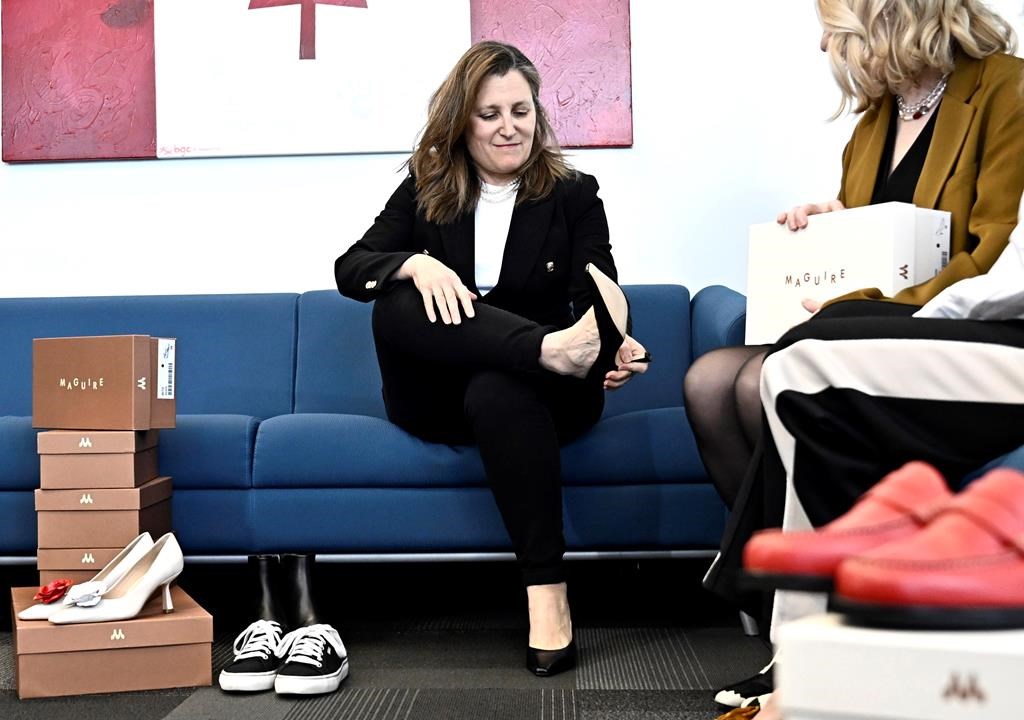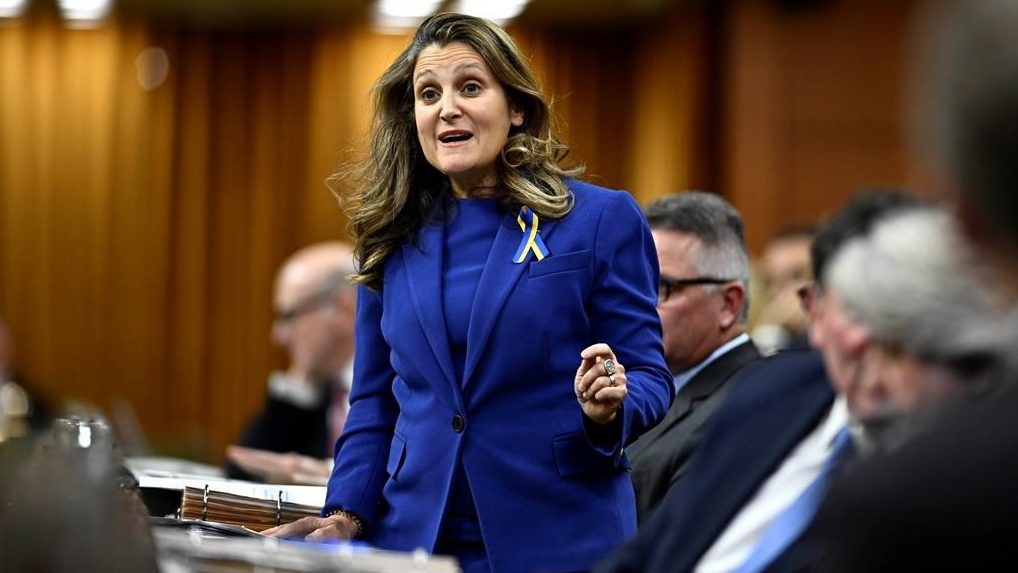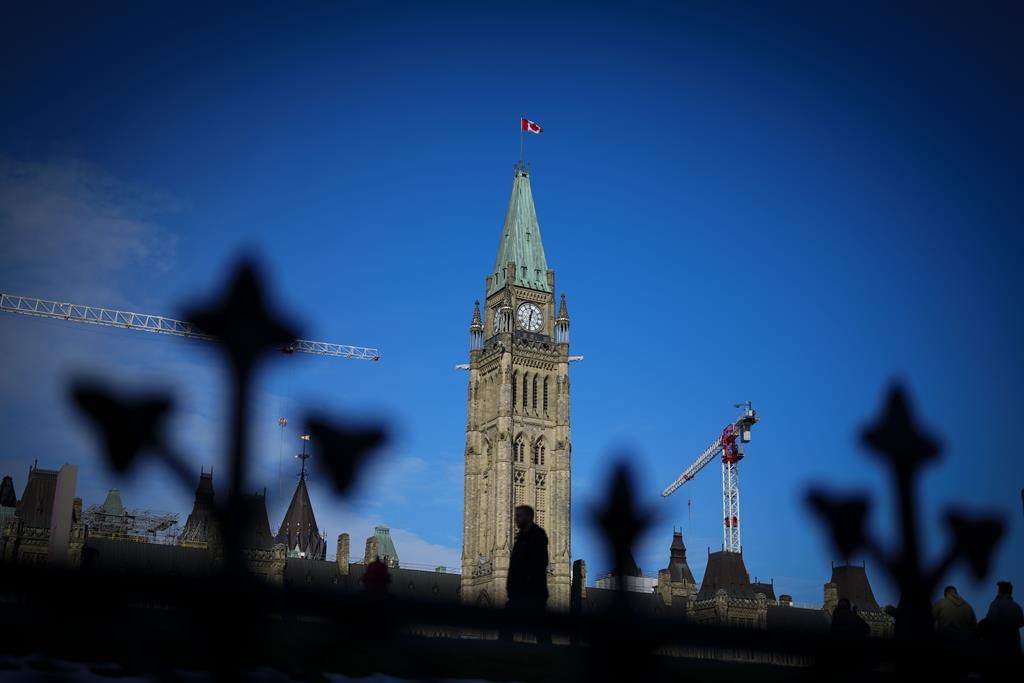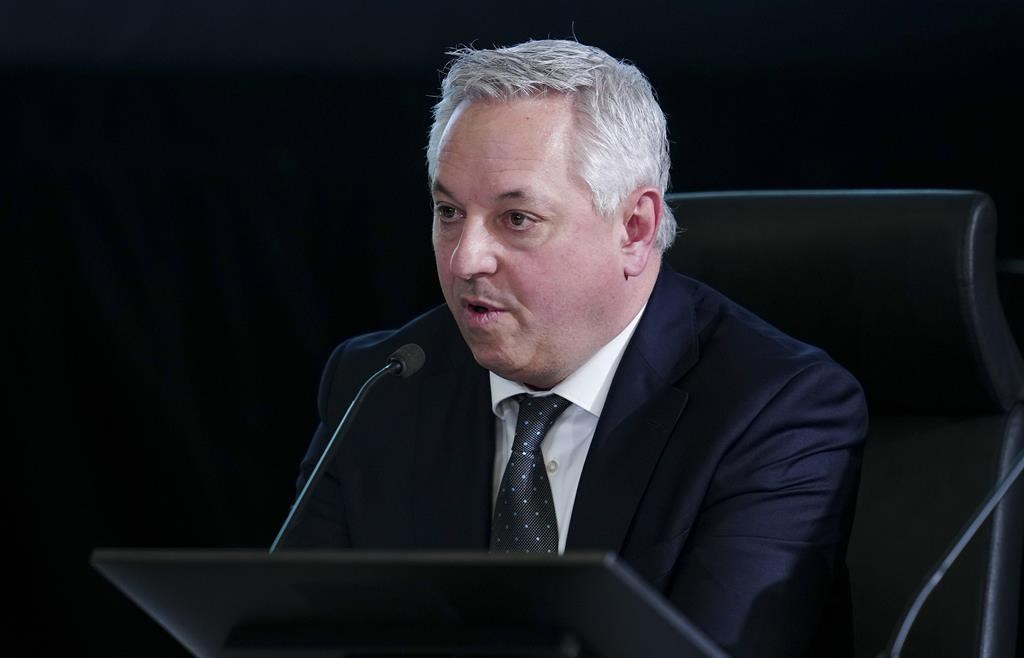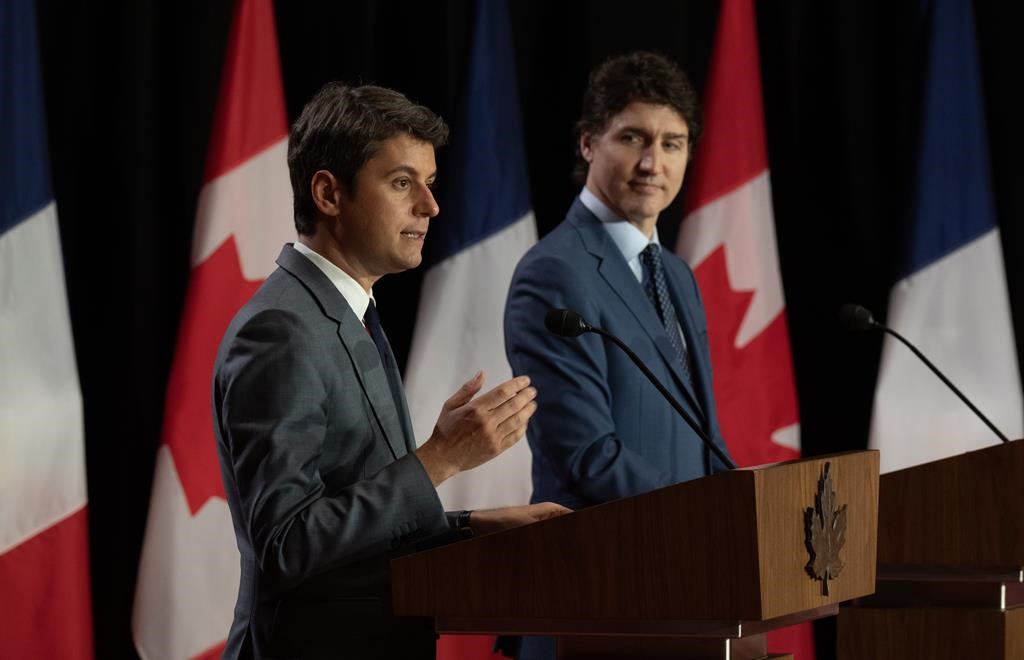New research indicates that Muslims living in Western countries are more likely to have addiction issues than those in Muslim majority populations, according to a study funded in part by the Center for Addiction and Mental Health (CAMH). It’s a troubling statistic that becomes even more worrisome considering Muslim Canadians are less likely to access mental health services than the general population.
Dr. Ahmed Hassan, a psychiatrist at CAMH in Toronto, detailed these findings in Inspiring Muslim Minds: Evaluating a Spiritually Adapted Psycho-educational Program on Addiction to Overcome Stigma in Canadian Muslim Communities.
The study inspired the launch of an awareness campaign in mosques across the GTA – the first of its kind to attempt to counter a prevalent culture of shame around drug and alcohol use in the Muslim community.
In an interview with OMNI Television, Hassan highlighted several key reasons behind the stigma around addiction amongst Muslims, including the belief that addiction is shameful and a religious sin.
“When I was interviewing one of my Muslim patients, after just a few questions about substances and the amount he would automatically label himself, ’oh, I’m a bad Muslim’,” Hassan said.
“It just triggered me how these individual are really affected, not just by the condition itself. There’s another problem [in] how they view themselves.”
Knowledge is the key to finding acceptance and overcoming stigma around addiction, and Hassan said bringing teachings directly to the community was an important way begin breaking down that barrier.
“We integrated Islamic teaching with our current evidence-based science and medicine and that I think highlighted how Islamic teachings agree with science, not contradict it.”
New @CAMHnews data shows Muslims in Western countries are more likely to have addiction issues than those in majority populations and less likely to access support services.
The study inspired a new program hosted by #GTA mosques to counter shame culture around drug/alcohol use. pic.twitter.com/k3UIsHdrZJ
— OMNI Television (@OMNITelevision) February 18, 2021
Mohsen Sayed, campaign coordinator at Toronto Mosque, said bringing religious leaders and scientific experts to a space where community members already gather, made people suffering from addiction feel safe enough to talk about their problems and reach out for help.
“The first strategy I think that is very important is to bring experts into communities rather than asking communities to go outside,” Sayed said.
“Having some religious authority talking in these sessions alongside doctors, the imam would be able to interpret what the doctors are saying on human terms, on religious terms and try to explain it on how religion understands their issue.”
Data from CAMH showed a significant reduction in stigma amongst program participants, with almost half expressing an interest in learning more about addiction science and nearly two-thirds saying they felt more motivated to help family or friends dealing with substance abuse.
Sayed said the positive results were clear from day one.
“The way that I recognized a decrease in stigma is just the mere attendance of these sessions,” Sayed said.
“Attendance was going up, more people were attending, more people were open to having the conversation, so generally I would say the stigma did definitely reduce. People were so interested in these sessions that they would stay for a couple of hours after the session had finished.”
Fear that treatment information could be shared with employers was just one of the many #mentalhealth misconceptions covered in the @CAMHnews study.
Sayed says educating in a space the Muslim community already trust made people feel safe enough to talk about their problems. pic.twitter.com/5orQ9IxjQB
— OMNI Television (@OMNITelevision) February 18, 2021
Hassan also identified misconceptions around mental health services and treatment practices in his study, with many fearing their treatment would be disclosed to employers.
“Some individuals have a lack of trust in the system,” Hassan said.
“They needed more reassurance, particularly they were worried that if they got treatment they’ll be contained in hospital. Or their confidentiality will be breached and something major will be passed on to the employer and that might affect their work prospects.”
Sayed saw that fear melt away after each seminar session.
“If they went to the hospital, if they went to a clinic to talk about their addictions they would have to sign up,” Sayed explained.
“They would have to register, they would have to put their name somewhere and there was this fear that they’re going to be recognized, but in our space, in Masjid Toronto when we had doctors present, when we had medical experts present, psychotherapists and others people could approach them anonymously and talk about their issues.”
ARABIC:
PUNJABI:
